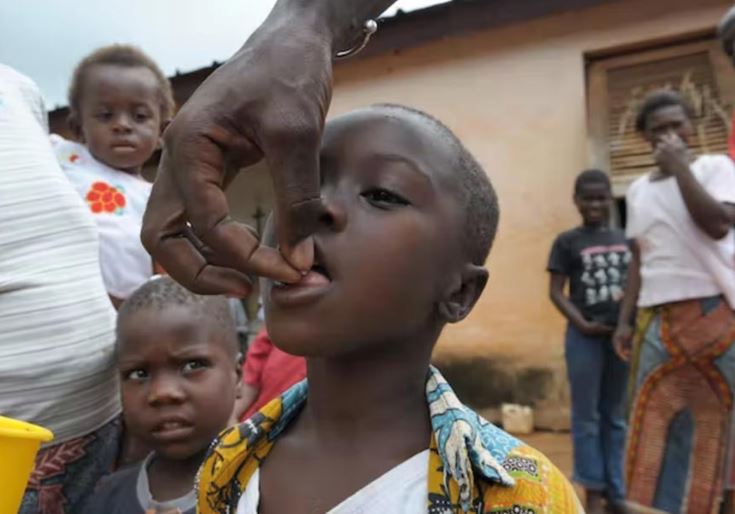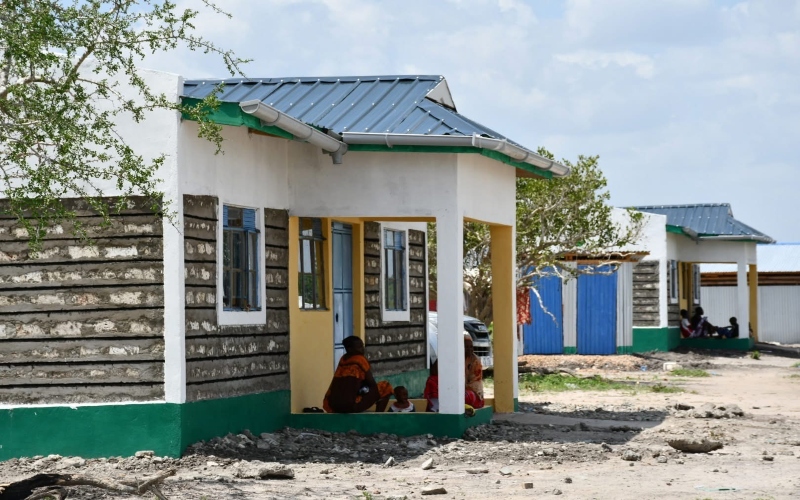KEMRI study finds widely used antiparasitic drug cuts malaria transmission by 26 per cent

The research was carried out in partnership with the Barcelona Institute for Global Health (ISGlobal) and the Manhiça Health Research Center (CISM), with field studies conducted in Kwale County, Kenya, and Mopeia District, Mozambique.
A large-scale trial led by the Kenya Medical Research Institute (KEMRI) has provided fresh evidence that ivermectin, a widely used antiparasitic drug, could be an effective addition to malaria control efforts.
The findings, published in the New England Journal of Medicine, show that ivermectin reduced malaria transmission by 26 per cent when used alongside existing interventions such as insecticide-treated bed nets.
More To Read
- UNICEF, Save the Children hail Turkana’s progress in tackling malnutrition
- Malaria fight at risk as drug resistance spreads despite new tools saving millions
- Malaria: Drug resistance and underfunding threaten progress towards eliminating killer disease
- KEMRI-JKUAT collaboration secures court ruling to protect senior scientists from early retirement
- Study warns climate shifts could widen malaria risk across Africa
- KEMRI, Health Ministry warn of potential malaria outbreak in Kakamega
The research was carried out in partnership with the Barcelona Institute for Global Health (ISGlobal) and the Manhiça Health Research Centre (CISM), with field studies conducted in Kwale County, Kenya, and Mopeia District, Mozambique.
The study was part of the Broad One Health Endectocide-based Malaria Intervention in Africa (BOHEMIA) project.
Prof Elijah Songok, Acting Director General of KEMRI, welcomed the outcome, saying, “We are pleased to have participated in this landmark study, which complements malaria control and prevention strategies in endemic regions like Kenya. We are very excited that Ivermectin, which has been effective against several parasitic infections, now shows great potential in the fight against malaria and other neglected tropical diseases.”
In Kwale, over 20,000 individuals took part in the study, receiving one dose of ivermectin per month over a three-month period during the rainy season.
Researchers monitored the health effects closely and found the drug to be safe, with only mild side effects and no serious adverse reactions reported.
According to Marta Maia, lead entomologist for the BOHEMIA project from the University of Oxford, ivermectin could offer vital support where current methods are facing resistance.
“The findings suggest that ivermectin MDA could be a valuable complementary strategy for malaria control, particularly in areas where mosquito resistance to insecticides is a growing concern,” she said.
In Mozambique, the study encountered delays caused by Cyclone Gombe and a cholera outbreak.
Despite the challenges, the research team stressed the importance of community involvement in achieving positive results.
“One of the most important lessons we learned is that strong community engagement is essential. Trust and close coordination with the Ministry of Health and local leaders were key to community acceptance of the intervention," said Francisco Saúte, Director of CISM.
Following the trial, the World Health Organisation’s Vector Control Advisory Group reviewed the findings and has called for further research into ivermectin’s potential role in malaria control strategies.
Top Stories Today















































